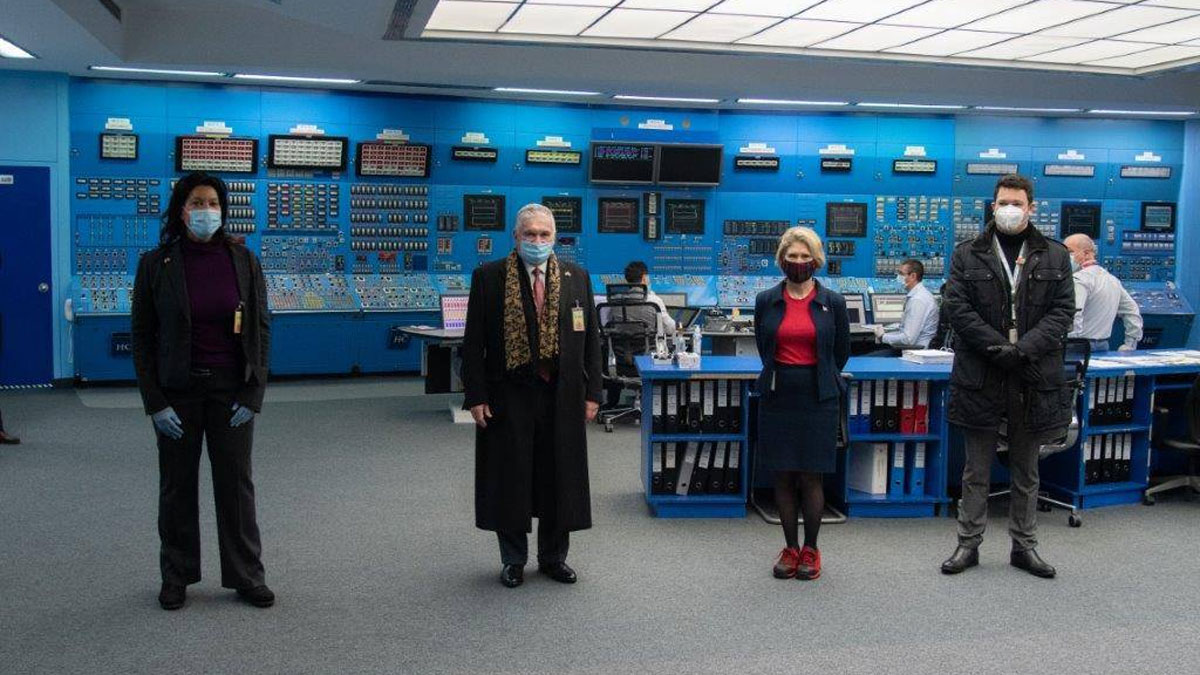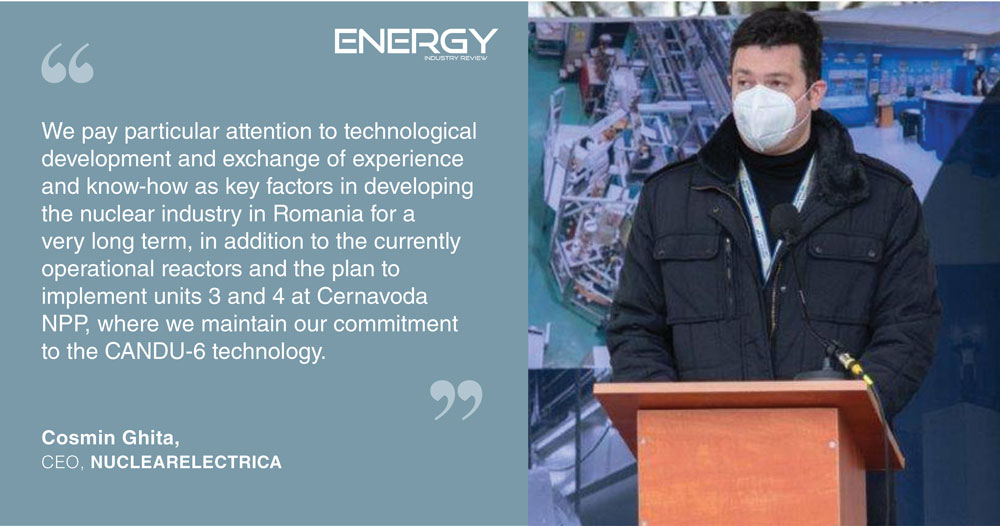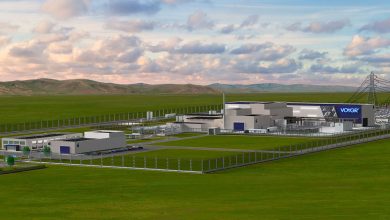Transatlantic Cooperation on Small Modular Reactor Technology
International conference ‘Small Modular and Advanced Reactor Planning’ had the theme of transatlantic cooperation on small modular reactor technology and its potential in the long run in ensuring the energy needs.
It is a feature of the nuclear industry of anticipating and answering the technological and system needs before their implementation becomes imperative. Small Modular Reactors (SMR) have a double applicability: they facilitate in a safe way transition to new technologies and resolve the challenge on flexibility and scalability.
“Due to these advantages, there are European producers interested in the small modular reactor technology in the long run, the National Company Nuclearelectrica (SNN) being one of them. We pay particular attention to technological development and exchange of experience and know-how as key factors in developing the nuclear industry in Romania for a very long term, in addition to the currently operational reactors and the plan to implement units 3 and 4 at Cernavoda NPP, where we maintain our commitment to the CANDU-6 technology,” said Cosmin Ghita, CEO of SNN, invited by US Trade and Development Agency as speaker at the ‘Small Modular and Advanced Reactor Planning Workshop’.
Nuclear power is a competitive candidate for decarbonization. Without nuclear power, the cost of electricity would increase significantly in the current context of decarbonization. To maintain this advantage and extend these opportunities to the future, based on international studies, it has been concluded that the new nuclear technologies would bring improvements in construction, flexibility, financing and incorporate passive characteristics of nuclear security.
The advantage of international cooperation consists of identifying those measures that ensure an integrated supply chain and common licensing measures.
“The new nuclear technologies are not only a clean, reliable and accessible source of energy, but especially a very effective method of increasing the energy security of states. In a very long term, most likely SMRs will be the most important technology of diversification, either stand-alone or in hybrid systems with renewables. Flexibility provided by this type of technology has a wide range of industrial applications and therefore a great diversity of potential users: thermal energy for homes and businesses, production of clean hydrogen and synthetic fuel for the transport system. In the context of taxonomy at European level, modularity, flexibility, passive nuclear safety features and efficiency are a sum of concrete benefits for European countries that have decided that the energy mix of the future will contain nuclear production. Also, in the context of taxonomy, nuclear power must be treated similarly to any other source, under equitable technical and financial conditions. Without nuclear power, decarbonization will become a challenge almost impossible to overcome,” pointed out Cosmin Ghita.




